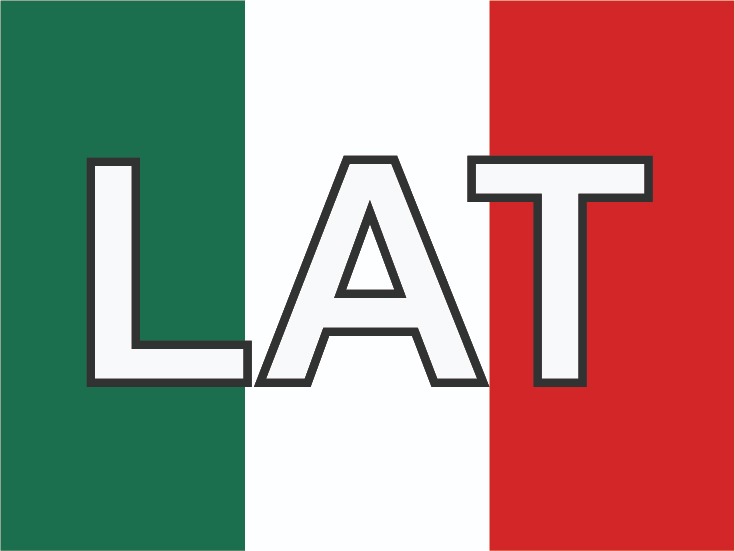Cancer represents a challenge of increasing scale in the region: Do we have high-quality information to confront it?
Abstract
Cancer is an enormous problem around the world. The International Agency for Cancer estimates that more than 19 million new cancer cases were diagnosed, and almost 10 million cancer deaths occurred in 2020.
Around 670000 cancer deaths are registered in Latin America annually. Cancer is the second cause of death after cardiovascular diseases in most countries and is the first cause of premature death in many of them.
Human, sanitary and socio-economic impacts and the increasing scale of these figures shock our countries. Yet, our region has limited human and material resources to address this problem and notorious and persistent inequalities in health access. Governments confront an enormous challenge.
Reliable and detailed information is necessary for cancer control programs. It is impossible to carry out the situation diagnosis, design and implement cancer control programs and assess their impact without reliable and stable Population Based Cancer Registries (PBCR).
Population-Based Cancer Registries cover just 23.3% of the Latin-American population, and only 2.4% is covered by high-quality Population Based Cancer Registries, according to Global Initiative for Cancer Registration – IARC
Authors
Downloads
Keywords
- Disease registry
- Mortality, Premature
- Cancer Registries
- Neoplasms
- Population Forecast
- Survival Analysis
References
Ferlay J, Ervik M, Lam F, Colombet M, Mery L, Piñeros M, Znaor A, Soerjomataram I, Bray F (2020). Global Cancer Observatory: Cancer Today. Lyon, France: International Agency for Research on Cancer. Disponible en: https://gco.iarc.fr/today, consultado el 02/10/2022.
Piñeros M, Abriata MG, De Vries E, et al. Progress, challenges and ways forward supporting cancer surveillance in Latin America. Int J Cancer. 2021 Jul 1;149(1):12-20.

Copyright (c) 2022 Universidad del Valle

This work is licensed under a Creative Commons Attribution-NonCommercial 4.0 International License.
The copy rights of the articles published in Colombia Médica belong to the Universidad del Valle. The contents of the articles that appear in the Journal are exclusively the responsibility of the authors and do not necessarily reflect the opinions of the Editorial Committee of the Journal. It is allowed to reproduce the material published in Colombia Médica without prior authorization for non-commercial use




















